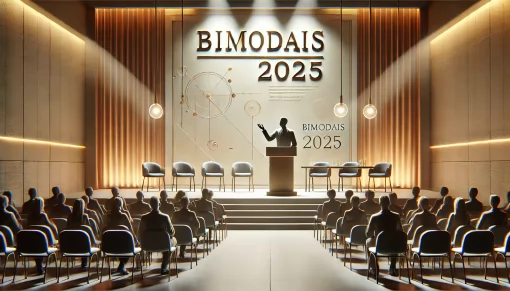Soon after the beginning of a Civilizational Revolution we have a delicate moment: the media decentralize, but the decisions are concentrated.
Practices of the ancient civilization, of the organizations that have been concentrating and becoming more and more corporative, are abreast with the informational transparency.
In this first stage of a Civilizational Revolution, the dog wakes up and begins to realize that it is being swayed by the tail.
A set of habits and practices that were hidden by the concentration of exchanges come to light.
The whole environment was created for a technological context, which now allows new possibilities, but we were all formed to live with the old invisible walls.
We are fish swimming in an aquarium that has expanded but we do not have the cognitive-affective ability to swim in the new perimeter.
In this first stage of a Civilizational Revolution, we reject the old, but we can not build the new.
The decentralization of exchanges serves so that we can reject the old and have new proposals in circulation to create the new.
The new, however, does not arise from rejection, but from the creation of philosophical, theoretical, and methodological projects that take time to mature.
Time that at other times was much longer, but not now.
We live and live a violent civilizational conflict, because we have the very old and the old defending the current model. And the little new and the very new, looking to create a new one.
However, all this is involved in rapid, unreasonable or rational changes.
Is that what you say?










